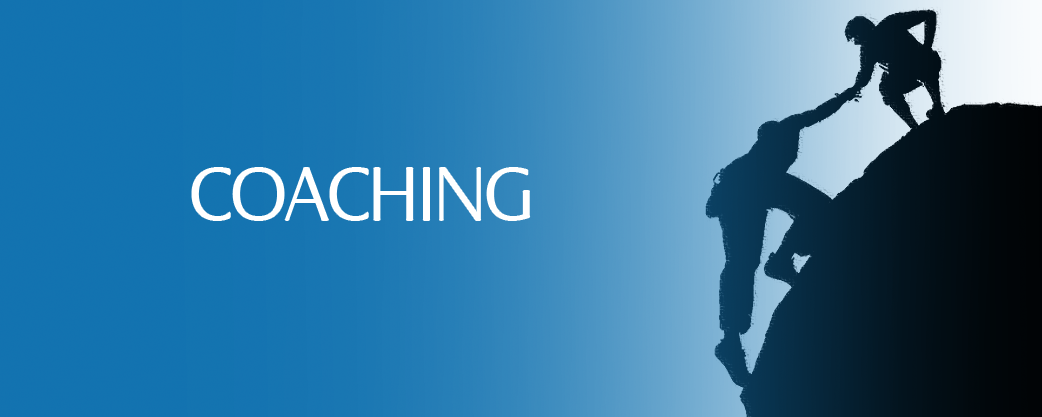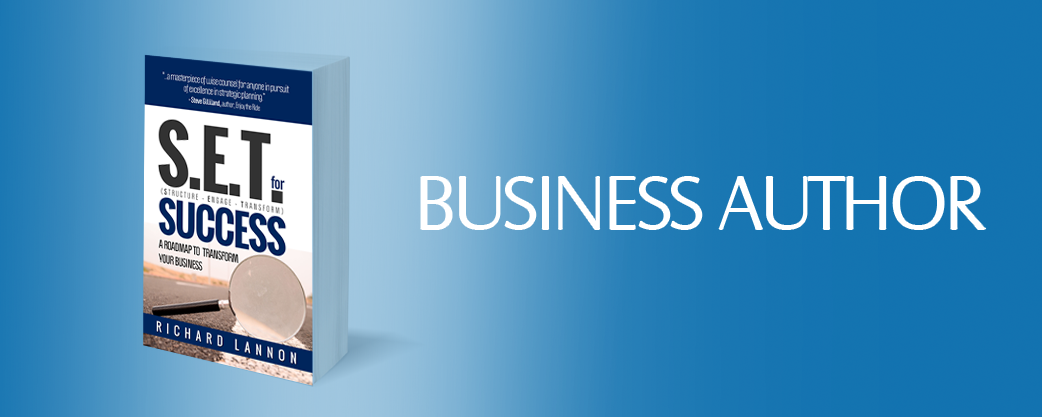 During a QA session, after a keynote, I was asked by a participant at a PM/BA World Event hosted by Diversified Communications and the local IIBA Chapter what I felt were the some key areas to study as a professional building their career.
During a QA session, after a keynote, I was asked by a participant at a PM/BA World Event hosted by Diversified Communications and the local IIBA Chapter what I felt were the some key areas to study as a professional building their career.
I paused for a moment and said facilitation, documentation, integration and presentation is a good place as any to start. As I reflected on my comment I wondered why those four items came top of mind during a keynote presentation question and answer period. I realized that for years I have been preaching the importance of these skills and capabilities in my three day Facilitation, Gathering and Documenting Requirements workshop where communications is the key to success.
Related Article: Four Requirements Types That
Make a Difference in Creating Solutions
But, what is communications. Well it is more than the words you use. Good and/or effective communications combines a skill set that includes verbal and non-verbal capabilities and as a professional, it is imperative that you become a communication master. Part of your development is to build your facilitation, documentation, integration and presentation abilities.
Facilitation: To be a facilitator you have to master people and group dynamics on a variety of levels. Often this means attending training, getting coaching and mentoring and practicing a variety of skill sets all aimed at developing your verbal and non-verbal communication skills. There are skill sets that include your ability to:
- profile people and adjust your behaviors to their needs not yours,
- actively listen where you focus fully on the speaker from their body language, tone of voice and non-verbal cues,
- be an improvisational expert and adjust when needed and as required (sometimes entertain),
- run meetings from the one on one interviews, small group discussions to the larger workshops,
- know where it is you are starting (problem) and where you need to go (the outcome) and set the course and tone to get there and lots more.
Related Article: Eight Tips for Facilitating Your
Next Planning Session or Requirements Meeting
Documentation: This is one of the areas I think is often misunderstood. By definition, documentation is material that provides official evidence and serves as a record. Generally this is not the fun stuff for a lot of people. Documentation is part of communications. From the written text to the depicted requirements using diagrams, it tells a story and brings the audience on a journey from problem to solution.
Documentation that relates to facilitation on a number of levels as it is that skill set that requires you to know how to develop surveys and questionnaires, to create interview questions like a journalists, and to capture that information as factual, authentic as possible to communicate to your respective stakeholders, your audience.
Whether you are writing a proposal, a charter, building a requirements plan, creating a summary of findings, doing a financial analysis or writing a full business case. Documentation is a communication’s vehicle as it about your ability to write and communicate with words on paper, a computer screen or some other medium.
Integration: Bringing it all together is what it is all about and this is called integration. I think this is the hardest part of any professiona’ls work as it is a lot of work. Often called the heavy lifting, you could spend twenty hours communicating with people to capture information and another sixty hours or more putting it all together.
The single biggest problem with communications is the illusion that it has taken place. George Bernard Shaw Click To Tweet
Information integration similar to documentation requires you to know your audience and the key deliverables. You could be writing a summary of findings with no analysis for your peers or maybe the executive team. Maybe you are developing a presentation deck for the executive and you have to determine what information must be made available. You could also be required to create a requirements attribute table or a program roadmap where you need to determine the sequence and wording of requirements for the strategic, tactical or operational. There is also the possibility that you have to integrate the material as business, stakeholder, solution and transformational requirements. The list of possibilities is endless. So studying and building your information integration skills for communications is extremely important. It is not just about you.
Presentations: In today’s world I just can’t see how you can survive as a professional without developing your presentation skills. This skill is about your ability to effectively deliver engaging presentations to a variety of audiences. You need to learn how to structure presentations, design slides, set the tone of the presentation with your voice and body language. It all counts.
Resource Item: 7 Common Challenges Faced By You, The Facilitator
To develop this skill consider taking training on thinking on your feet, acting and improvisation, joining a club that teaches you and helps you practice presentation skills, learn the difference between being a speaker, trainer and facilitator. There are differences in the skill set that you apply given the audience.
As a professional developing your confidence in front of an audience is important, learn not to lecture but to engage, develop your ability to profile your audience, find ways to keep things short and simple with repetitive markers, and anticipate questions.
Final Thought
One of my favorite programs to speak and train on is Gathering and Documenting Requirements because it applies a practical and realistic skill set in communications, facilitation, documentation, integration and presentation that the professional needs to develop for their career success. This skill set can and will be applied throughout your career and life, whether you are working with your peers and other stakeholders solving a problem, researching a vacation, buying a house or hanging out with your friends engaging in conversation around living everyday and succeeding in all that you do or want to do. Yes, I guess you can say these are four skills will make you a communication expect if developed well.
Do your best, invest in the success of others and make your journey count, Richard.









